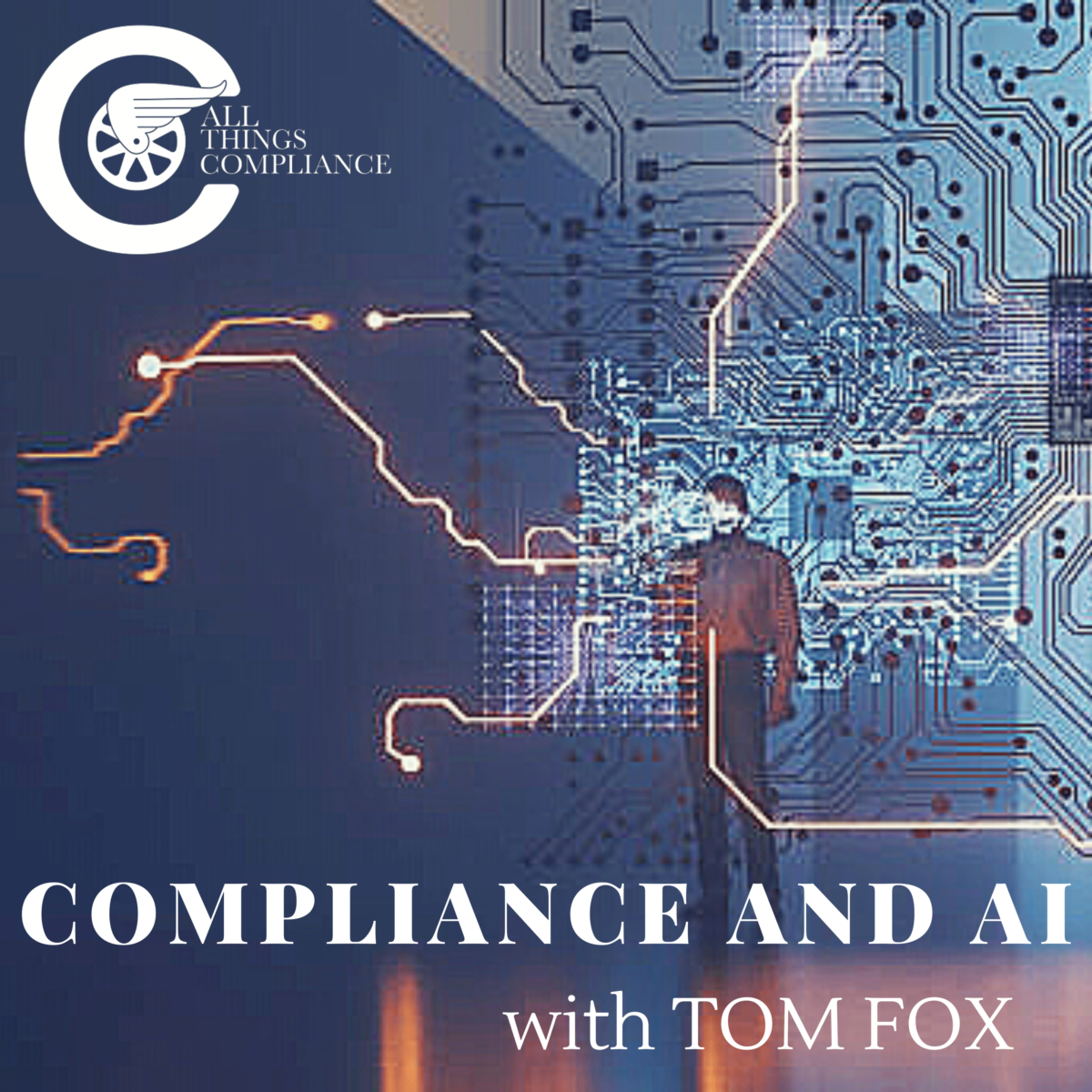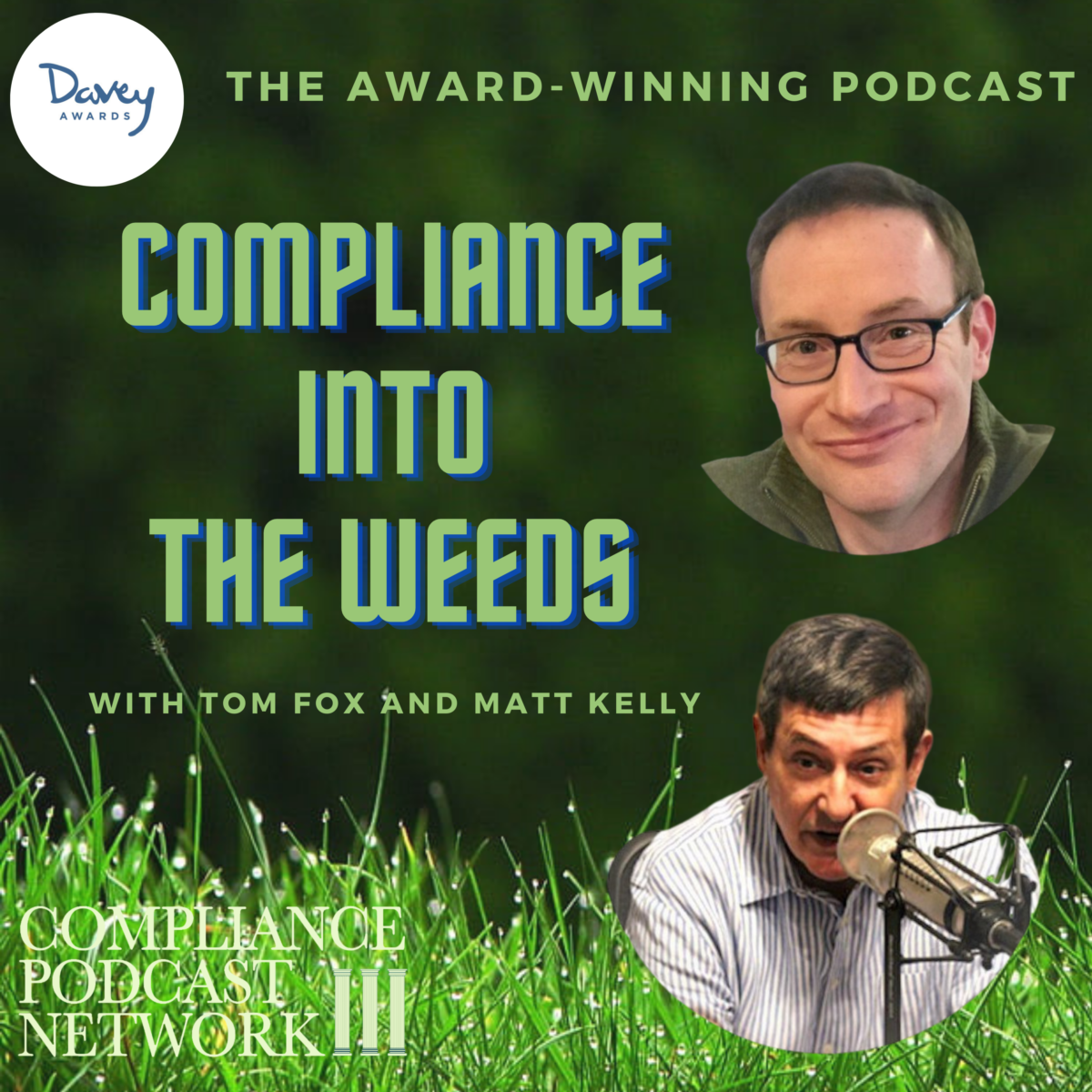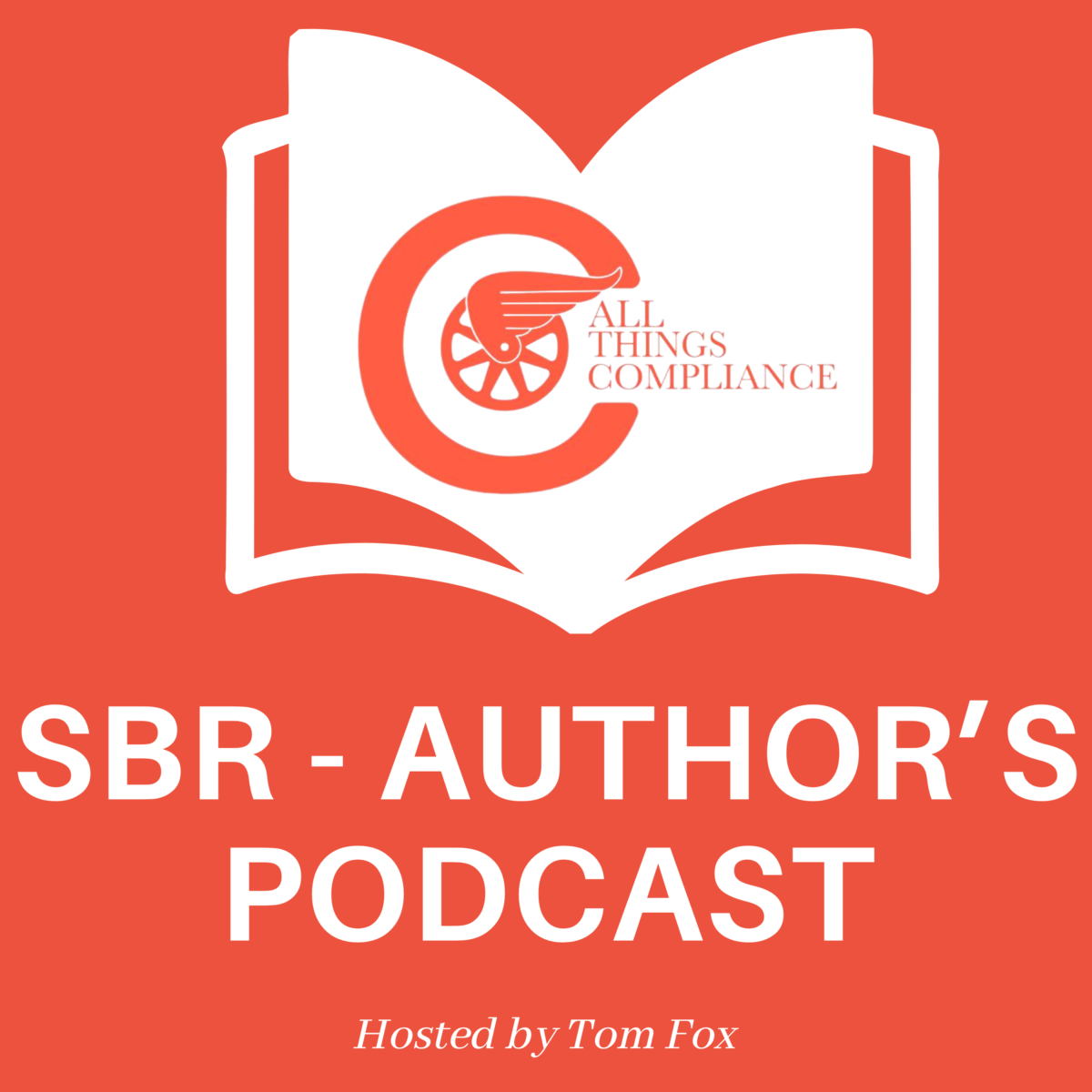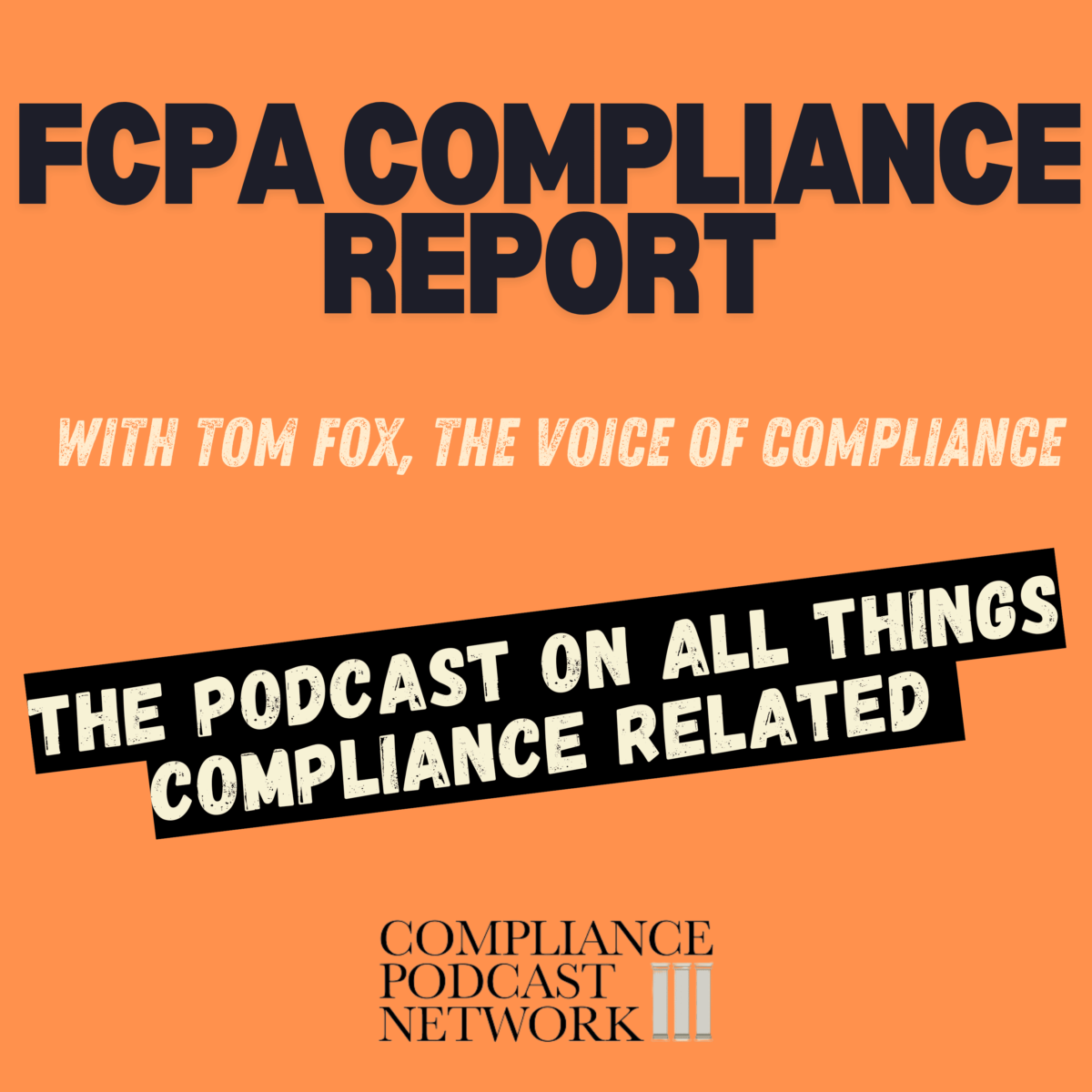We recently had a Foreign Corrupt Practices Act (FCPA) enforcement action that reminded me that everything old is new again in anti-corruption compliance. The Securities and Exchange Commission (SEC) FCPA enforcement action involving Deere has bribery schemes that were torn literally from the first decade of the 21st century as they involved gifts, travel, and entertainment. In other words, it was about a low set of hanging fruit that any compliance officer would see. Yesterday, I laid out the broad strokes of the Deere enforcement action. Today, I want to take a multipart look at the case and see what lessons the enforcement action can provide to the 2024 compliance professional.
Between 2017 and 2020, Wirtgen Thailand engaged in a series of corrupt practices aimed at securing government tenders from key agencies, including the Royal Thai Air Force (RTAF), the Department of Highways (DOH), and the Department of Rural Roads (DRR). These practices, including bribery, improper entertainment, and falsifying company records, clearly violated Wirtgen Group’s Code of Business Conduct. The total value of the tenders awarded due to these corrupt practices exceeded $6 million. Below is a detailed account of the amounts paid and the benefits conferred through these illicit activities.
Massage Parlors
Any expense reimbursement request submitted that references a ‘massage parlor’ would immediately raise a Red Flag and be set aside for additional investigation. (And you would be correct.) But in the Deere enforcement action, we had multiple trips for foreign government officials sent to massage parlors.
From late 2017 through 2020, Wirtgen Thailand routinely entertained government officials from RTAF, DOH, and DRR at various massage parlors in Thailand. These expenses were falsely documented as legitimate business costs and often rounded to appear less suspicious. Wirtgen’s Managing Director for Southeast Asia and the Managing Director of Wirtgen Thailand approved these expenses despite company policies that expressly forbid bribery or improper influence.
- RTAF. In November 2019 and March 2020, Wirtgen Thailand incurred expenses at massage parlors to entertain high-ranking RTAF officers involved in tender processes. A high-level RTAF officer responsible for drafting and awarding tenders was entertained on multiple occasions, resulting in Wirtgen Thailand winning two tenders in March and April 2020, valued at approximately $665,000.
- DOH. Wirtgen Thailand also engaged in similar activities to influence DOH officials. For example, in March 2017, a $15,000 expense was recorded for entertaining 15 members of a DOH tender committee at a massage parlor. Subsequent entertainment expenses, including those in July 2018 and December 2018, continued this pattern. As a result, Wirtgen Thailand secured multiple tenders, including a $2,303,294 tender in December 2018, a $498,567 tender in October 2019, and a $1,451,432 tender in November 2019.
- In December 2019, Wirtgen Thailand entertained DRR officials at massage parlors, incurring expenses of approximately $10,000. This effort paid off when DRR awarded Wirtgen Thailand a $1,283,905 tender in April 2020. Notably, two of the four DRR signatories on this tender had received entertainment from Wirtgen Thailand during the December 2019 visit.
In total, Wirtgen Thailand spent over $58,000 on improper massage parlor entertainment for government officials. These expenses were falsely recorded on the company’s books and records, often listed in round numbers with vague descriptions such as “entertainment.” This widespread bribery directly influenced the outcome of several tenders, leading to the award of contracts worth millions of dollars.
Bribery Through a Sightseeing Trip Disguised as a “Factory Visit”
In another scheme, Wirtgen Thailand paid for an elaborate eight-day sightseeing trip for four DOH officials and two of their spouses under the pretense of a “factory visit” to its facilities in Germany. However, the itinerary consisted of luxury sightseeing in Switzerland, with visits to Interlaken, Zermatt, and Lake Lucerne, shopping excursions, and stays in high-end hotels. The total cost of this trip was approximately $47,500.
During this period, Wirtgen Thailand submitted a bid on a DOH tender. After the trip concluded, Wirtgen Thailand was awarded a tender on October 16, 2019, valued at $498,567. A month later, on November 20, 2019, Wirtgen secured another tender worth $1,451,432. The trip and the subsequent awards were orchestrated without following Deere’s internal compliance procedures, which required detailed documentation and prior approval for such visits. The Managing Director for Southeast Asia knowingly approved these expenses, citing the need to “gain information and build rapport” with government customers.
What was wrong with these trips? Basically, everything. What makes all of this even more egregious is that the rules around gifts, travel, and entertainment for clients have long been known since at least 2007, when the Department of Justice (DOJ) issued Opinion Releases 07-01 and 07-02, which detailed the DOJ’s expectations for GTE going forward.
The key elements are:
- The purpose of the visit is to familiarize the delegates with the nature and extent of the requestor’s operations and capabilities and to help establish the requestor’s business credibility.
- The visit will last four days and will be limited to domestic economy class travel to only one U.S. operations site.
- The requestor also intends to pay for the six officials’ domestic lodging, local transport, and meals.
- The foreign government plans to pay the costs of the international airfare.
- The company did not select the delegates who would participate in the visit.
- The company will pay all costs directly to the providers; no funds will be paid directly to the foreign government or the delegates.
- The company will not pay any expenses for spouses, family, or other officials’ guests.
- Any souvenirs the requestor may provide to the delegates would reflect the requestor’s name and/or logo and be of nominal value.
- The Company will not fund, organize, or host any entertainment or leisure activities for the officials, nor will it provide the officials with any stipend or spending money.
Falsification of Records
The expenses related to both the massage parlor entertainment and the sightseeing trip were improperly recorded as legitimate business expenses in Wirtgen Thailand’s books. None of these activities complied with the company’s policies and procedures regarding interactions with government officials. Senior management routinely approved these expenses without adequate scrutiny, bypassing the company’s compliance framework.
As noted above in Opinion Release 07-01, “All costs and expenses incurred by the requestor in connection with the visit will be properly and accurately recorded in the requestor’s books and records.” This means that not only is it a requirement for companies to accurately record their legitimate travel expenses in their books and records, but it is also a separate violation when there is a failure to do so. Deere did not meet this standard.
The total value of the corrupt payments and benefits provided to RTAF, DOH, and DRR officials through these schemes amounted to over $105,500, while the total value of the tenders awarded to Wirtgen Thailand because of these illicit practices exceeded $6 million.
Wirtgen Thailand’s actions highlight a significant breakdown in compliance oversight and internal controls. The deliberate falsification of records and the use of bribery to secure government contracts violated the company’s own Code of Business Conduct and exposed it to severe legal and reputational risks. These events serve as a stark reminder to compliance professionals of the critical importance of robust compliance monitoring and the need for stringent enforcement of anti-bribery policies.
To prevent such violations, companies must ensure that their compliance programs are well-designed and actively enforced, with continuous monitoring to detect and address potential breaches. This case underscores the necessity of a proactive approach to compliance, where ethics and integrity are prioritized at every level of the organization.















